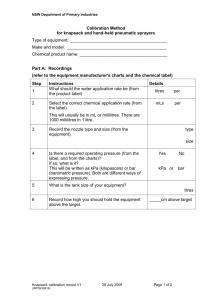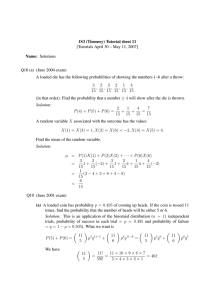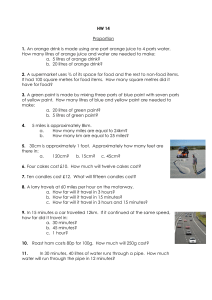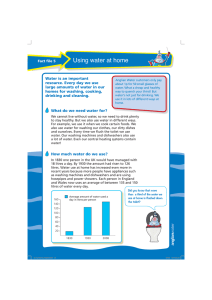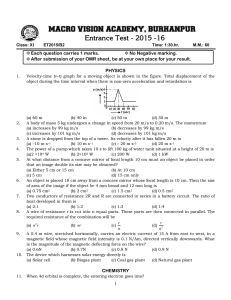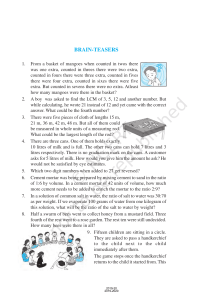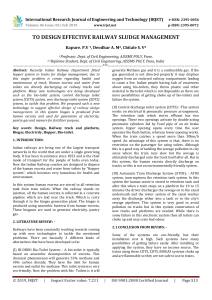Heating water 50°C rise in 100 litres of water takes 6 hours at 1kilowatt
advertisement
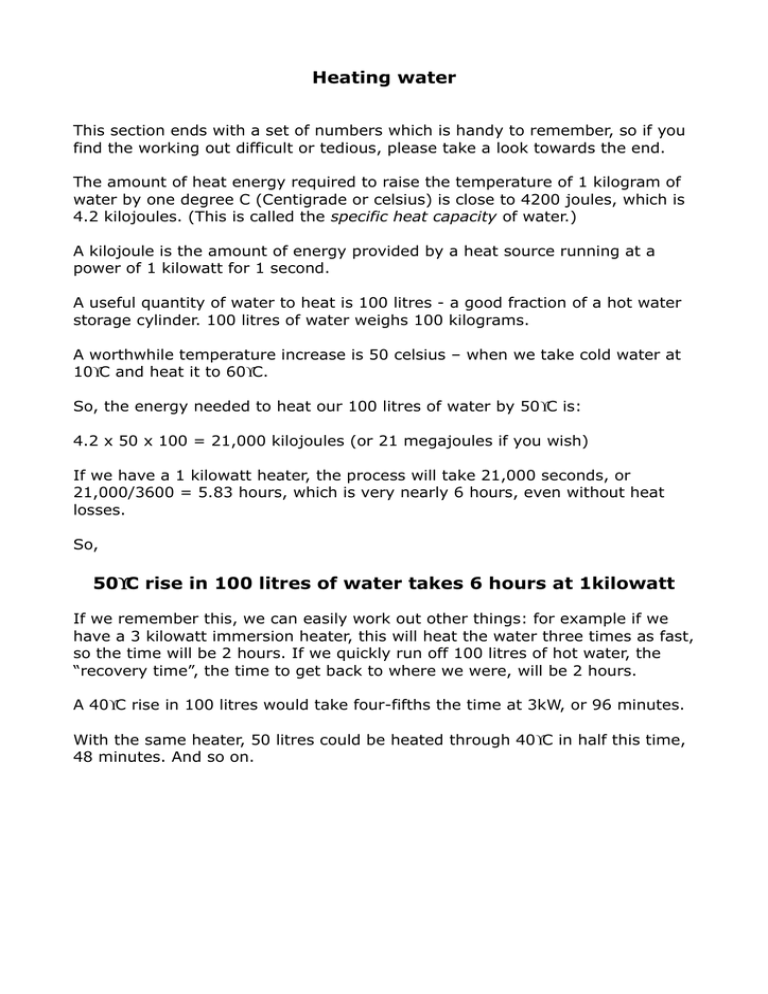
Heating water This section ends with a set of numbers which is handy to remember, so if you find the working out difficult or tedious, please take a look towards the end. The amount of heat energy required to raise the temperature of 1 kilogram of water by one degree C (Centigrade or celsius) is close to 4200 joules, which is 4.2 kilojoules. (This is called the specific heat capacity of water.) A kilojoule is the amount of energy provided by a heat source running at a power of 1 kilowatt for 1 second. A useful quantity of water to heat is 100 litres - a good fraction of a hot water storage cylinder. 100 litres of water weighs 100 kilograms. A worthwhile temperature increase is 50 celsius – when we take cold water at 10°C and heat it to 60°C. So, the energy needed to heat our 100 litres of water by 50°C is: 4.2 x 50 x 100 = 21,000 kilojoules (or 21 megajoules if you wish) If we have a 1 kilowatt heater, the process will take 21,000 seconds, or 21,000/3600 = 5.83 hours, which is very nearly 6 hours, even without heat losses. So, 50°C rise in 100 litres of water takes 6 hours at 1kilowatt If we remember this, we can easily work out other things: for example if we have a 3 kilowatt immersion heater, this will heat the water three times as fast, so the time will be 2 hours. If we quickly run off 100 litres of hot water, the “recovery time”, the time to get back to where we were, will be 2 hours. A 40°C rise in 100 litres would take four-fifths the time at 3kW, or 96 minutes. With the same heater, 50 litres could be heated through 40°C in half this time, 48 minutes. And so on.

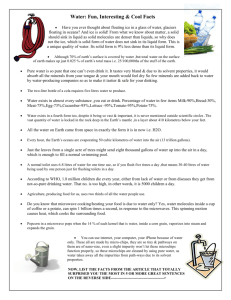

![MA1S12 (Timoney) Tutorial/exercise sheet 10 [March 31, 2014]](http://s2.studylib.net/store/data/011008037_1-6c1df0a77a1dac0109b211c718f9d674-300x300.png)
